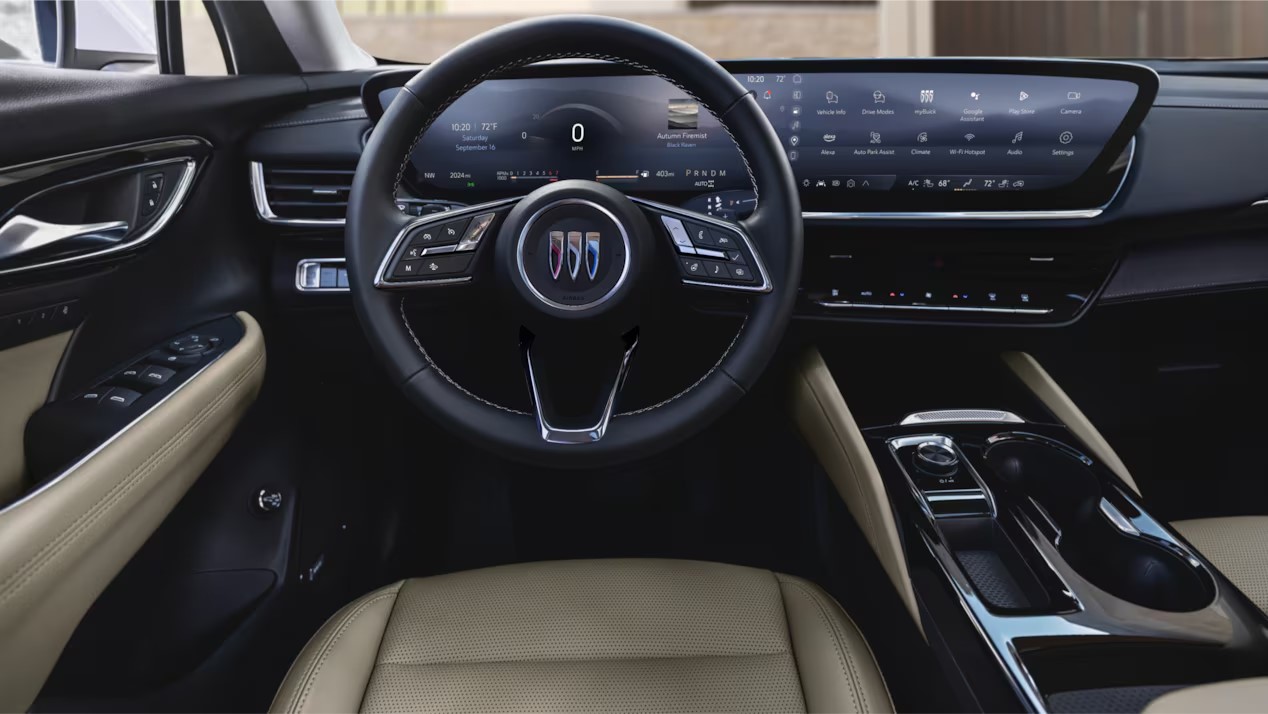General Motors and Ford Motor may be required to stop importing cars they build from China under a new US rule targeting Chinese connected vehicle software and hardware, according to recent media reports. The Buick Envision by General Motors and the Lincoln Nautilus by Ford, both assembled in China, are models that would be affected by this rule.
The proposed rule could also impact other automobile manufacturers like Volvo and BYD, which sell or manufacture cars in the United States.
In the first half of 2024, General Motors sold approximately 22,000 Buick Envisions in the US, while Ford sold 17,500 Lincoln Nautilus SUVs. Ford has not commented on the media. General Motors did not specify whether they would have to stop sales of the Envision but stated that "the government has an important role in setting clear policies" on security issues.
Liz Cannon, head of the US Commerce Department's Information and Communications Technology Office, said, "We anticipate at this point that any vehicle manufactured in China and sold in the US would fall within the prohibitions." She also stated that General Motors and Ford are aware of the new rules and their consequences, and that future production in China for the US market would "need to be shut down in China and moved elsewhere."
Additionally, BYD North America, which manufactures electric buses in Lancaster, California, may also be affected by this rule. Cannon mentioned that cooperation would be sought to understand BYD's supply chain. Software would likely be prohibited if it were developed by a team of Chinese employees in China for Chinese automakers. However, it would likely be allowed if developed by Chinese employees working outside China for non-Chinese companies. BYD has not commented on this.
The sales of the Polestar 2 and the Volvo S90 sedan in the US would also be impacted. These two brands are controlled by Geely. Volvo Cars is currently assessing the potential impact of the new US rule on their operations. Cannon anticipates that companies like Volvo will meet with the US Department of Commerce to "work with us to discuss ways they could mitigate the risk, and we are open to that."
Media reports suggest that companies like BYD and Volvo Cars may seek "specific authorization" to continue their operations.
The US Department of Commerce's proposal on the software ban will take effect in the 2027 model year. Meanwhile, the hardware ban will take effect for the 2030 model year or starting from January 2029.







